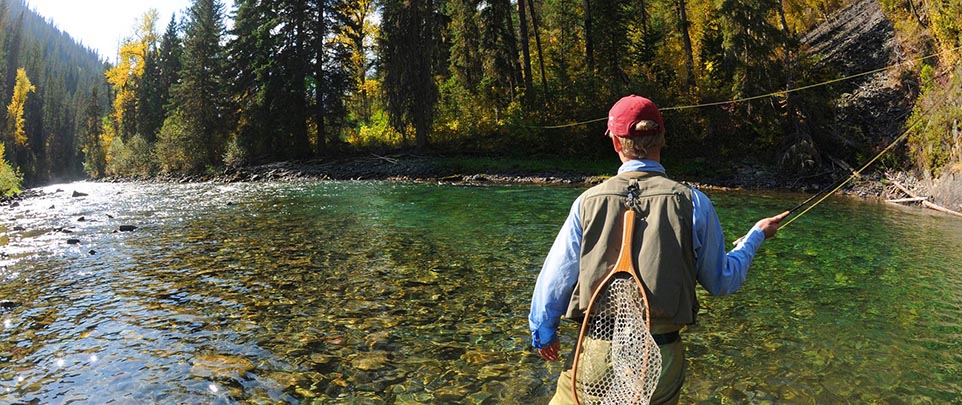The one thing we can be certain about with water is that we will either have too much or not enough!
While we have seen some extreme flooding and overabundance of water flows in the province this spring, we can almost bet that come the heat of the summer, we will have a shortage of it somewhere and very likely it could be on one or more of these same waterways that are flooding now.Flyfishing benefits
This truly accentuates why we have a huge need within this province to store water. Water storage is not about anyone being self-serving or wanting to have control of something; it is all about managing one of our most precious and valuable resources.
Many ranchers throughout the province have built water dams and reservoirs that are critical for the sustainability of their operations. The water storage infrastructure that they have invested in over the past decades is more important now than ever before.
Climate change and the need to adapt to it is something that has taken place for millions of years. Now, however, we have some ability to help ourselves adapt to it and help the process. I see water storage as possibly the most important thing that we can do to help us adapt to these changes. This is not only essential to agriculture but for all of society’s needs.
For those in agriculture, it provides security in knowing that there is a supply of water that will be available to them when it is critical for the growth of crops and watering the livestock. It is about managing that water so that it reduces the impact on other users of the supply and gives them assurance of supply as well.
Recently, the BC Cattlemen’s Association and the BC Ministry of Agriculture commissioned a cost-benefit analysis of agricultural dams in BC. Aside from the benefits to agriculture for irrigation, livestock watering, forage production and as natural range barriers, these dams also benefit society with domestic water supply, sport fishing, habitat protection for wildlife and access to viewing them, fish migration, wildfire suppression and flood mitigation to name a few.
It is my belief that as we develop strategies to help us adapt to climate change, we have to factor in water storage as one of the key opportunities. I believe this storage will be essential to maintain our ability to feed the world as well as have a supply available for everyone’s security. Now is the time to increase our investment in water storage infrastructure.
Establishing value
This all comes at a cost – a cost that many take for granted because they do not realize who is responsible for what they are enjoying. When I fish at places like Tunkwa Lake near Savona, I can’t help but wonder how many of the other fishermen, campers or those who have a cabin or residence on the lake know that it is there because ranchers have made an investment in the building and maintaining of the dam?
As a society, we are thankful for that dam when there is a forest fire and the water is needed to fight the fire, or the ready supply when there is a road construction project requiring water.
BC is blessed with an abundance of water but it doesn’t always come when we need it most. With added investment in storage infrastructure, we can manage flows at critical times – including flooding. This means that when the fish are spawning, we can control the flow so there is enough for them and for the farmer who needs to irrigate his crops. Managing the flow through water storage would dramatically reduce the need to impose water restrictions at critical times for agriculture while helping the survival of the fish.
We must do a better job of informing society about what the grassroot producers in this province do as stewards of our land and environment. We need the public to understand how critical it is for society to share in the cost of the investment. Their responsibility has to go beyond creating regulations and understand the importance of what we do in building this storage.
The biggest job we have now is making sure we tell those who are not directly involved in agriculture what we do. By telling our story, I hope we will gain their trust and ensure we have the social license needed to be able to use all the tools we require to continue supplying them with the best and safest food in the world.
Kevin Boon is general manager of the BC Cattlemen’s Association.


 Richmond sets large limit on farmhouse size
Richmond sets large limit on farmhouse size